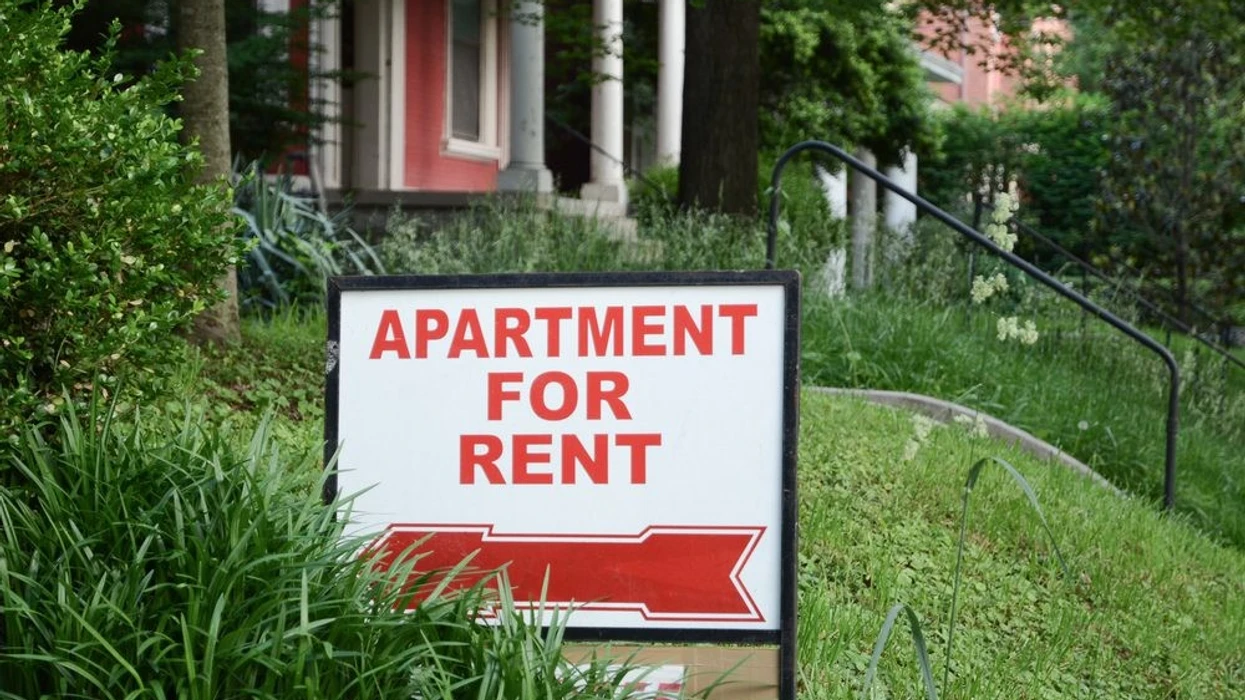Washington Rent Increase Laws 2024: Key Facts for Tenants. Rent increases are subject to laws and regulations in the state of Washington. Tenants are shielded from abrupt, unjust rent increases by these. In 2024, there will be significant updates and reminders regarding the rights of renters when rent increases.
Whether you are looking for a new home to live or renewing your lease, there are regulations in Washington that prohibit raising your rent.
1. Legal Notice for Rent Increases
According to Washington state law, landlords must provide a written warning before raising rent. The majority of tenants who rent on a month-to-month basis are required to give notice of any increases in rent at least sixty days in advance.
Regardless of the size of the price increase, this gives tenants ample time to arrange their budgets, haggle, or look for alternative housing.
Unless otherwise specified in the lease, rent cannot be increased until the end of a renter’s fixed-term lease, such as a one-year lease. Landlords are still required to offer 60 days’ notice even if the rent increases after the lease period has ended.
2. Limits on Rent Increases
In Washington, there is currently no national rent regulation, thus landlords are free to raise rent as much as they like. However, in other locations, such as Seattle, there are additional regulations and safeguards.
For instance, unless they have a valid basis to evict, landlords are required by Seattle’s Just Cause Eviction Ordinance to offer tenants new leases with comparable conditions. Some renters may benefit from this by avoiding a sudden or significant increase in rent.
3. Rent Increase Caps in Certain Areas
Although Washington state lacks a comprehensive rent control plan, certain local governments have taken action to stabilize rates.
For instance, Seattle has enacted legislation restricting rent increases on buildings located within the municipal borders, which helps tenants remain in their homes.
Additionally, in some places, landlords may be required to assist tenants in moving if they are forced to leave their residences due to rent increases exceeding a specific percentage.
For those who are enrolled in specific housing assistance programs or live in inexpensive housing, rent increases may be restricted.
These caps can be determined by fluctuations in utility prices or a percentage of your income. These restrictions are set by federal or state government housing programs.
4. Prohibition on Rent Increases in Certain Situations
According to Washington law, a landlord cannot increase rent because a renter has exercised their legal rights, such as reporting unsafe living conditions or requesting repairs.
After going to court, renters who believe their rent was increased unfairly may submit a complaint, which is known as “retaliatory rent increases.”
Additionally, if the local authority determines that the unit is unlivable, owners are not permitted to increase the rent.
These include situations in which the rental property presents significant threats to one’s health or safety. Landlords must ensure that the building complies with regulations before raising the rent.
5. COVID-19 Protections and Rent Increases
Although the statewide COVID-19 eviction moratorium in Washington ends in 2021, certain localities continue to provide protections for tenants connected to the pandemic.
In order to prevent rent increases during and after the epidemic, additional legislation was implemented in Seattle and other places.
For instance, landlords in Seattle are required to provide repayment options and prohibit rent increases throughout the repayment period for tenants who fell behind on their rent due to the outbreak.
6. How to Handle a Rent Increase
You must know what to do if you receive a warning that your rent may increase. First, confirm that the increase is lawful by seeing if your landlord complied with local rent increase regulations and provided you with the required 60-day notice.
Next, determine whether the price rise is reasonable and consistent with other local rental costs. Tenants may occasionally be able to discuss the date or amount of the rent increase with the landlord.
If you believe the increase is unjust or illegal, you can file a complaint with your local housing authority or a tenant advocacy group. Speaking with a lawyer could also be beneficial if you intend to challenge the rent increase in court.
Conclusion
Tenants are generally protected by Washington’s rent increase laws, but it’s crucial to understand the details, particularly if you reside in a city with more protections like Seattle.
If you are aware of your rights regarding notice periods, maximum rent increases, and situations in which increases might not be permitted, you can deal with any adjustments to your rent with assurance.
Knowing the current regulations is the greatest approach to ensure that you are treated fairly in your housing situation when rent costs climb throughout the state.


 by
by 




